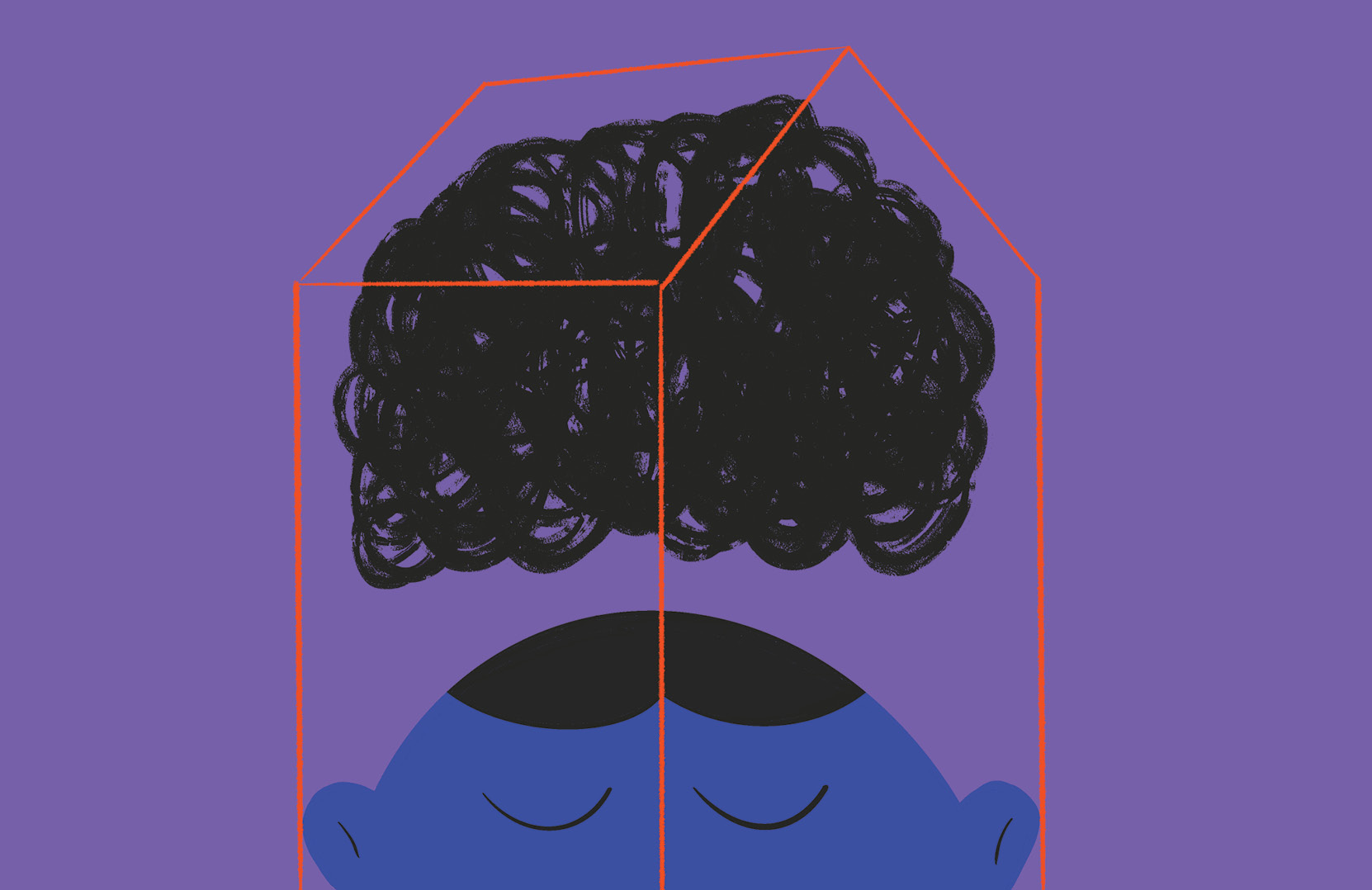With the world turned upside down, it is no surprise that people worldwide are struggling to hold it all together. It has been almost a year since COVID-19 began spreading worldwide, and everything changed. Through lockdowns, quarantines and restrictions, people’s emotions and nerves began to falter. It didn’t take long for the state of the world’s mental health to deteriorate, and while governments focused on protecting the public’s financial and physical health, mental health wasn’t at the forefront of concern.
In a policy advice paper written by The Centre for Addiction and Mental Health (CAMH) in July 2020, it is reported that seven out of 10 Ontarians believed that there would be a mental health crisis due to the pandemic. The CAMH goes on to report that the concern is justified, as history shows that health crises tend to cause rises in mental health issues. The paper states that in the 2003 SARS outbreak, people in the most affected areas saw increases in sleep problems, smoking and alcohol use, mood disorders, and post-traumatic stress symptoms.
Luminesce Counseling and Coaching’s Scott Coleman, an Edmonton-based Canadian Certified Counsellor, says he has noticed a difference. He says that some people who typically cope well find that the pandemic is amplifying anxieties and depressions, meaning they are coming to him more. “A lot of parents too, who are struggling with trying to work from home and have kids doing virtual school. So they need to provide support like a teacher while still looking after their employment,” Coleman says.
None of this should be shocking as most students, much like parents, have seen the strain of online work and school. Sure there are benefits to being online, such as no commute, less money spent on travel, parking and coffees but the savings come at a higher cost. Often online courses can be more stressful. Depending on a student’s learning style and abilities, not everyone is suited for the virtual classroom.
As far as employment, there has been a noticeable shift there as well. “This is maybe unspoken, and I’m not saying that it’s always intentional, but now that people are working from home, it may feel that they should be more accommodating with their schedules,” says Coleman. Several studies, including one used in a Forbes article in May, show higher productivity rates when working from home and a more challenging time separating work from home, which can inevitably cause more stress and less self-care. No one can be in work mode all the time without burning out.
But then, if people can seek mental health help, what’s the problem? A survey done by the Canadian Mental Health Association (CMHA) found that 85 per cent of Canadians believe that mental health is one of the most underfunded health areas in our universal health care system. With mental health not being funded at the rate that physical health is, the possibility of getting help when it is needed most can be slim. The World Health Organization (WHO) conducted a survey from June to August in 130 countries, and as expected, the statistics were alarming.
“The COVID-19 pandemic has disrupted or halted critical mental health services in 93 per cent of countries worldwide while the demand for mental health is increasing,” says an article on the WHO website written in October. Scarier still is that 60 per cent of countries reported disruptions in help to vulnerable people, including children, and more than a third reported disruptions to emergency interventions.
Of course, there is a flip side with everything as there are resources, though Coleman says that sometimes they are poorly laid out, or people don’t know where to look for them due to a lack of communication. If only there were better communications, more people might realize that there are great programs right at your fingertips. Sherwood Park has developed a psychological first aid course that is free and online. It teaches citizens how to help each other psychologically through these trying times. A great many places, including MacEwan University and SAMU’s Peer Support, have moved to online and telephone appointments to provide consultation from the safety of your home. This could benefit those who may have previously shied away from trying therapy forwards as it eliminates barriers caused by transportation or other factors. There is also a Stanford stress tool kit that can help teach students about stress and how to deal with it and even provides activities and videos. Further, there is a highly recommended course offered by Yale and led by Professor Laurie Santos called The Science of Well-Being that is free online.
On a personal level, there are always things that we can do for ourselves. Coleman recommends mindfulness, and by that, he isn’t just referring to things like meditation but even the simple act of acknowledging the stress and accepting that things are going to be less than ideal. “Sometimes it is OK not to be coping,” he says. This is a great first step that should lead to gratitude and even gratitude journals as a reminder of all we still have. Giving back to others can help us feel valued, an essential human need. Coleman says that as cliché as it sounds, connecting to people is important even if it can’t be in person.
Above all, know your values and be authentic. And perhaps a little less time online watching the news may be useful for your mental health as well. “People are watching the news and seeing the media, and of course, the media’s job is to point out the challenges and amplify a lot of the stuff that isn’t going well, which creates a lot of nervousness,” says Coleman. Of course, this isn’t to say that we shouldn’t take the pandemic seriously. However, an overabundance of negative information coming at us on a loop is enough to drive even the calmest person to the brink.
With the COVID numbers and restrictions rising, it’s important to take our mental health more seriously now more than ever before. Don’t remain silent, but rather reach out to friends, family and therapists and remember that Alberta Health Services also has a number of helplines for those in need of support. Now more than ever, we need to stick together and show support, even if that support comes via a random text from a friend just checking in. You never know when something as small as a “hello, how are you? ” can make all the difference.





0 Comments